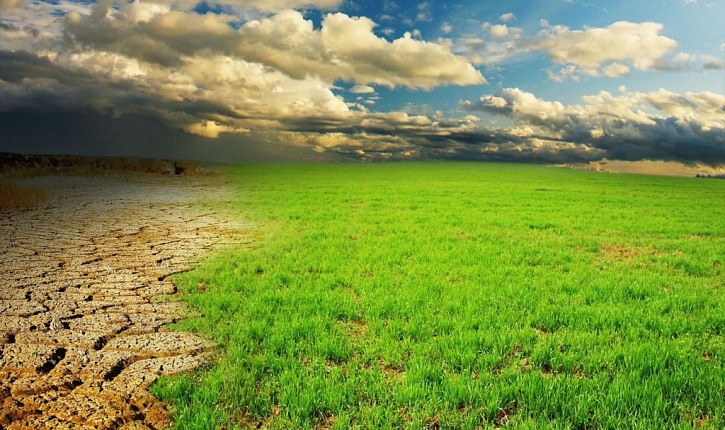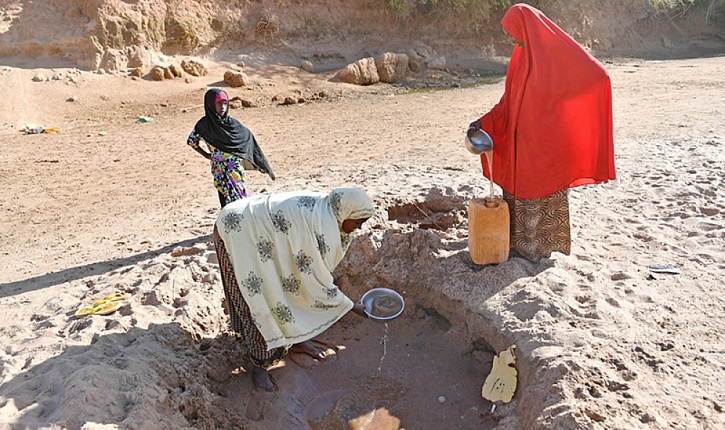The climate agenda is increasingly important for the Islamic world
Climate change is increasingly affecting living conditions in Muslim countries and countries where large Muslim communities traditionally live, especially in the Middle East and Africa. One of the biggest problems is the lack of water, which, in turn, creates the threat of mass starvation, escaping from which a huge number of people become refugees.
For example, in December 2021, the media again reported on the worst drought in Somalia in the last 40 years. Overall, more than 3.2 million people in 66 of Somalia's 74 regions have been affected by drought. The victims are just over 21 percent of the country's population.
Faced with this disaster, the Somali Government declared a humanitarian emergency.
Governments and national leaders of States understand the importance of the climate agenda. This is evidenced by the fact that the UN Conference on Climate Change COP-27 in 2022 will be held in Sharm el-Sheikh, Egypt, and in 2023 - in the United Arab Emirates. The information was announced by the chairman of COP 26, a member of the UK government Alok Sharma at the plenary meeting of the assembly in Glasgow, Scotland, which was held in 2021.
For example, in December 2021, the media again reported on the worst drought in Somalia in the last 40 years. Overall, more than 3.2 million people in 66 of Somalia's 74 regions have been affected by drought. The victims are just over 21 percent of the country's population.
Faced with this disaster, the Somali Government declared a humanitarian emergency.
Governments and national leaders of States understand the importance of the climate agenda. This is evidenced by the fact that the UN Conference on Climate Change COP-27 in 2022 will be held in Sharm el-Sheikh, Egypt, and in 2023 - in the United Arab Emirates. The information was announced by the chairman of COP 26, a member of the UK government Alok Sharma at the plenary meeting of the assembly in Glasgow, Scotland, which was held in 2021.

